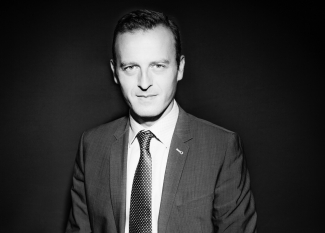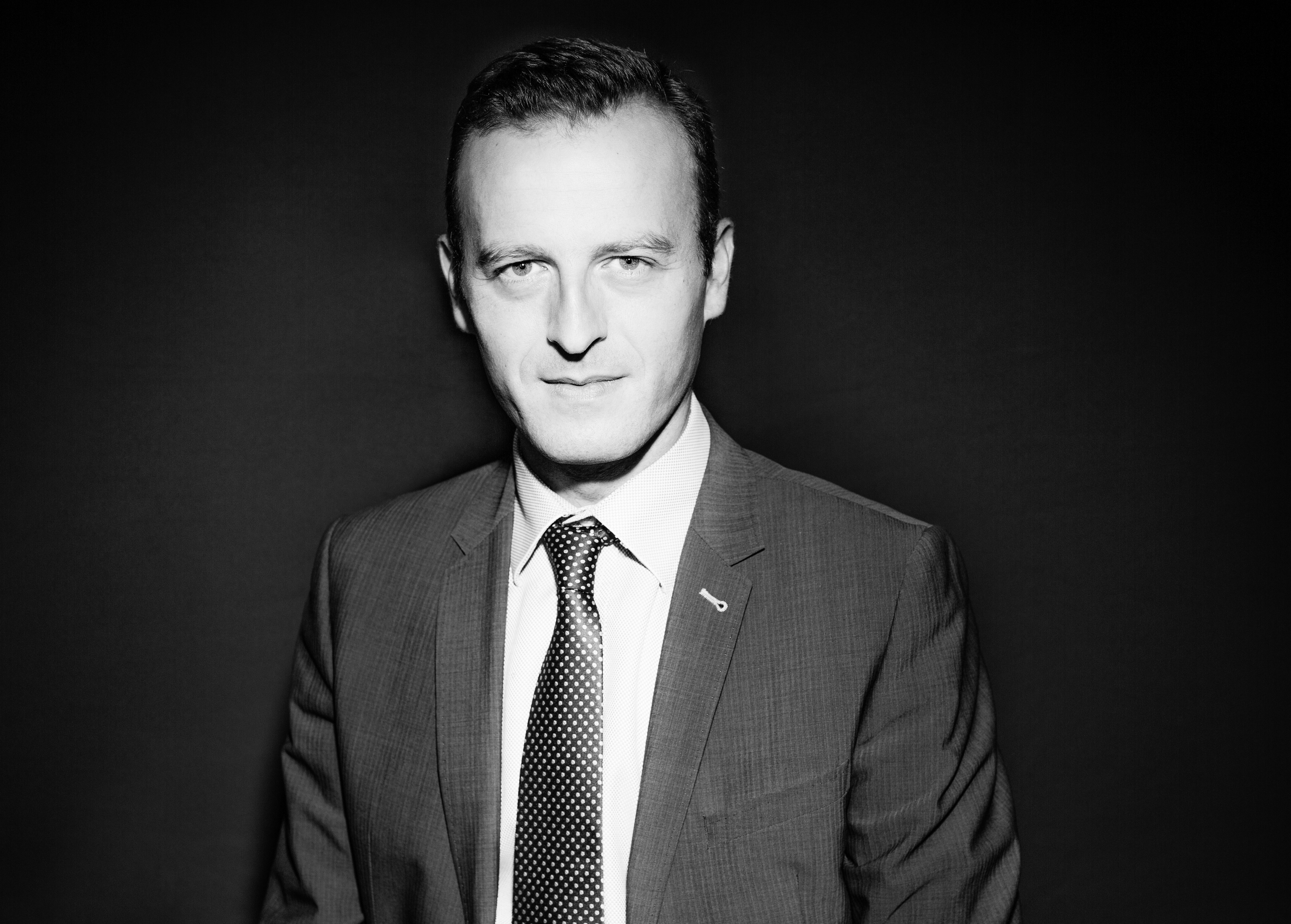Russian Civil-Military Relations: Is There Something New with Medvedev ?

These three chapters originated in an SSI conference in January 2010 and go to the heart of a question of vital significance for both Asia and Russia, namely, what are Russia's prospects in Asia? The three papers outline the challenges Russia faces in Asia, the nature of the dynamic and complex Asian security environment, and the extent to which Russia is or is not meeting those challenges. These chapters represent both Russian and U.S. views on the subject and clearly do not agree in their conclusions or analyses. For this reason, they are all the more interesting because they should provoke debate, reflection, and greater awareness by all our readers as to the complexities of the current international scene in Asia and of Russia's success, or lack thereof, in participating in that environment. In view of the extraordinary dynamism that now characterizes Asia and the fact that it is the center of the world economy, the analysis we provide here goes beyond obvious issues to address questions that we believe are unjustly neglected, e.g., Russia's prospects as an Asian power and as an independent great power player in Asia. The answers to these questions are urgent for Russians, but very consequential for the United States because getting Asia right will be among the most critical challenges to U.S. policymakers in the coming years.
Related centers and programs
Discover our other research centers and programsFind out more
Discover all our analysesRussia's Asia Strategy: Bolstering the Eagle's Eastern Wing
Among Russia’s strategic priorities, Asia traditionally played a secondary role compared to the West. In the mid-1990s, then Foreign Minister Yevgeny Primakov initiated a rapprochement with China and India. Then, in 2014, deteriorating relations between Russia and the West prompted Moscow to begin its “great pivot to the East”.
Kazakhstan After the Double Shock of 2022: Political, Economic and Military Consequences
The year 2022 represented a dual shock for Kazakhstan. In January, the country faced its most severe political crisis since independence, followed in February by Russia’s full-scale invasion of Ukraine, which cast uncertainty over the borders of post-Soviet states. These consecutive crises profoundly shaped Kazakhstan’s domestic and foreign policy.

How the Russian Army Changed its Concept of War, 1993-2022
The traditional and high-intensity war that has occurred in Ukraine since Russia decided to invade raises a key issue: did post-soviet Russian strategic thought really prepare Russia for waging this war?
Russia's Nuclear Deterrence Put to the Test by the War in Ukraine
From the outset of its “special military operation” (SVO) against Ukraine on February 24, 2022, Russia, which possesses one of the world’s largest nuclear arsenals, has adopted aggressive deterrence measures and a resolutely menacing rhetorical stance.













